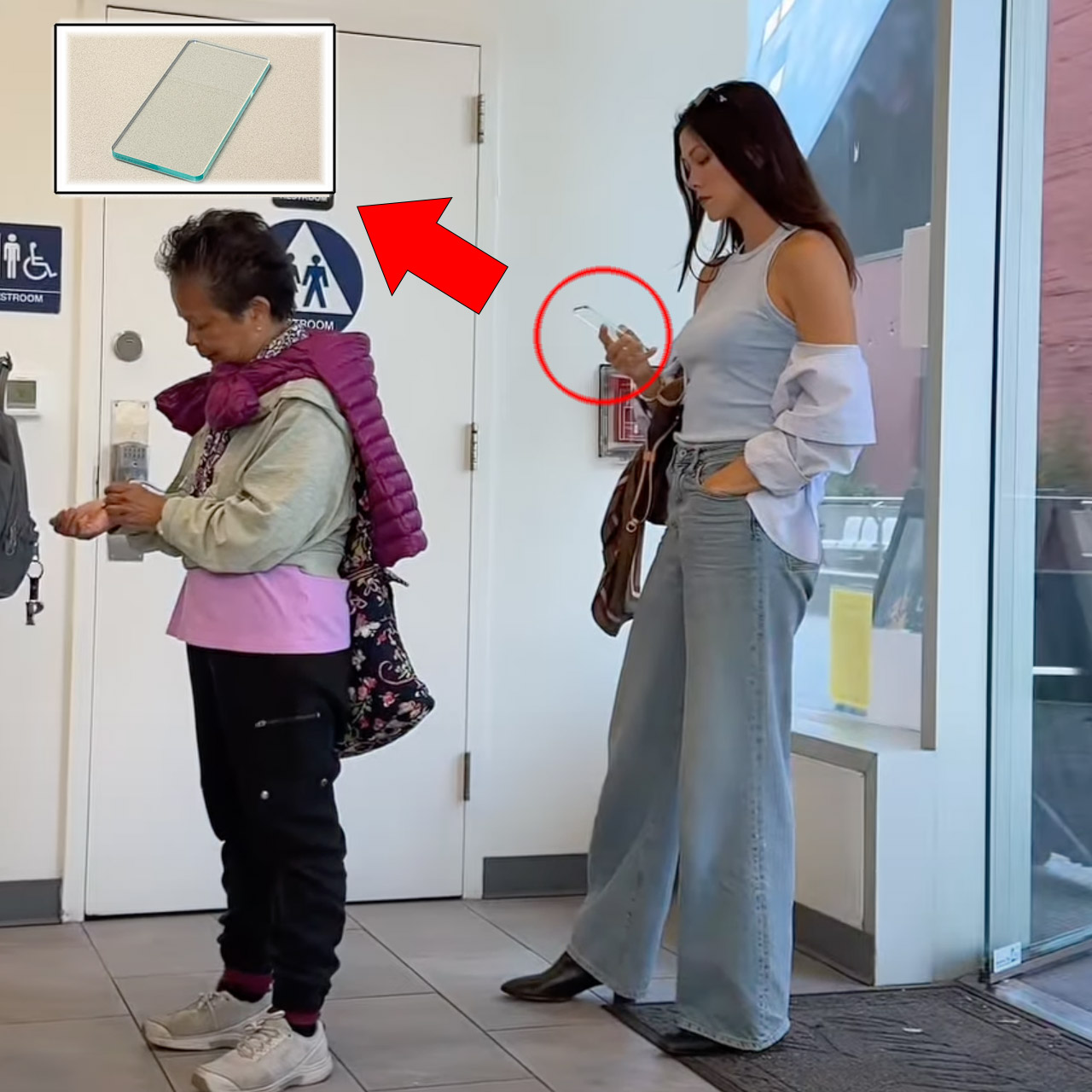The Truth Behind the Viral Nokia Transparent Phone: Myth, Hype, and Reality

The tech world loves a good mystery, especially when it comes to futuristic devices. Recently, social media platforms buzzed over the so-called Nokia transparent phone, fueling speculation and amazement. What was this crystal-clear gadget? Was Nokia defeating tech giants with a revolutionary smartphone? Let's dive into the facts, sift through the hype, and discover the reality behind this viral sensation.
What Sparked the Nokia Transparent Phone Craze?
It all started when a viral video showed a woman appearing to use a transparent device, reminiscent of science fiction movies. Viewers quickly labeled it the "Nokia transparent phone." Conversations exploded across platforms, with many speculating whether Nokia had produced a futuristic smartphone with holographic capabilities.
This confusion isn't surprising. According to Hindustan Times, social media users were captivated by the device, believing it to be an innovative leap. The article discusses how the unusual gadget became a trending topic, leaving people guessing about its origins and technology.
Is the Nokia Transparent Phone Real?
Despite the imagination and excitement, the truth takes a different turn. The so-called transparent phone is not a functioning smartphone, nor was it manufactured by Nokia. The phenomenon started on TikTok, where a crystal-clear, phone-shaped slab appeared in multiple videos. As clarified in an in-depth piece from TechEBlog, this device is actually a “methaphone”—a transparent acrylic prop shaped like a smartphone.
TechEBlog explains that "the Nokia Clear Phone" is simply a clever prank that played on people's tech obsessions and the desire for innovation. It lacks circuits, batteries, or any form of display technology. Instead, it serves as a visual commentary on our relationship with gadgets and social media. Some online sellers even market it as a digital detox aid, encouraging users to put down their attention-grabbing devices in favor of this inert placeholder.
The Science and Hurdles of Real Transparent Phones
The idea of a transparent smartphone is not new. Major brands have filed patents for transparent displays, yet the technological challenge remains significant, especially with opaque components like batteries and processors. Though the viral clear "Nokia transparent phone" turned out to be a clever hoax, it reignited conversation around the future of mobile technology.
In another related viral moment, HotHardware reported on the TikTok buzz. Videos showed what appeared to be a fully functional translucent device, but investigations confirmed no brand has yet succeeded in delivering such technology to consumers.
Why Did the Nokia Transparent Phone Hoax Go Viral?
Several factors fueled the spread of this myth:
- Visual Appeal: The transparent slab was striking and mysterious.
- Nostalgia and Innovation: Nokia remains an iconic brand, making fans hopeful for a big comeback.
- Tech Curiosity: Consumers are always on the lookout for the next big thing, especially something that looks straight out of a futuristic film.
The viral joke also highlights society’s deep-rooted attachment to gadgets—a point underscored in the TechEBlog article. The methaphone proved that, sometimes, it only takes a piece of acrylic to stir our imagination.
The Takeaway: Separating Fact from Fiction
While the Nokia transparent phone fascinated millions, it's important to recognize the difference between viral fantasy and technological reality. Genuine transparent smartphones remain a goal for many manufacturers, but, for now, we’re still waiting for breakthroughs that make such devices truly possible.
If you're interested in learning more about the origins of viral tech myths, check out these resources:
- New smartphone? Mystery over ‘crystal clear iPhone’ (Hindustan Times)
- Futuristic Nokia Clear Phone is No Smartphone at All (TechEBlog)
- Woman With A Transparent Phone Blows Up The Internet (HotHardware)
In summary: The Nokia transparent phone may not be real (yet), but it demonstrates how quickly technology myths can travel online. Stay curious, but always check the facts before believing in the next big tech sensation.